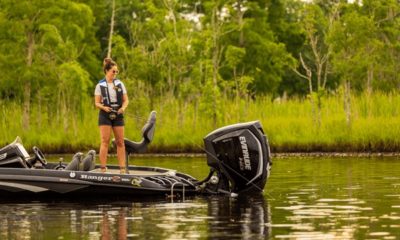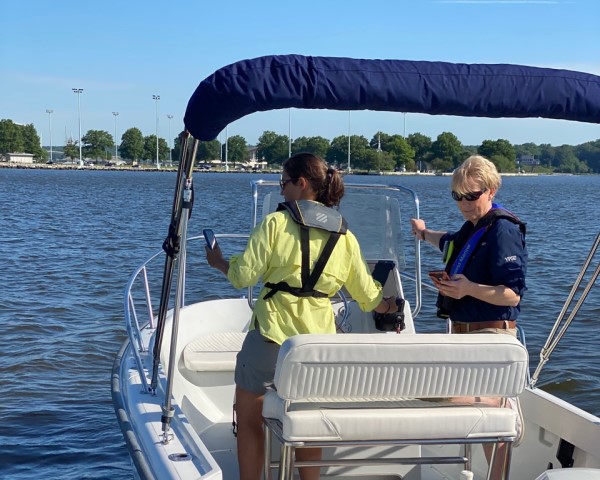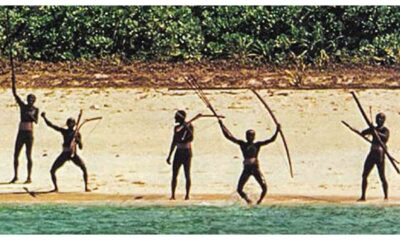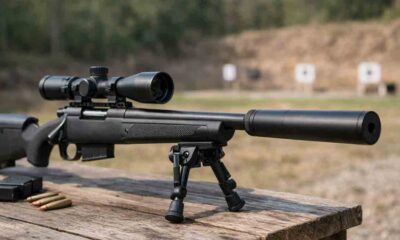Sports
Top 3 Do’s and Don’ts of Boating Safety
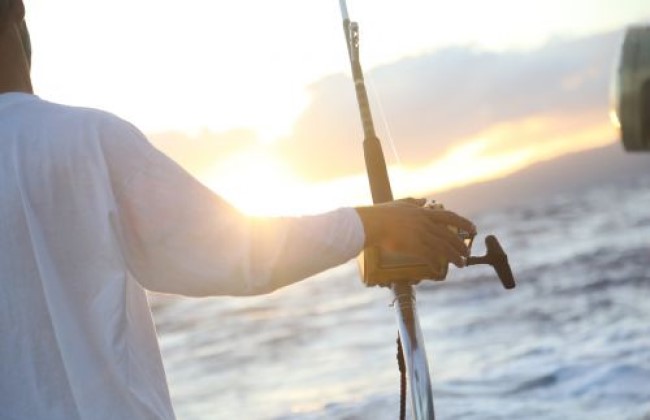
Summer is coming, and with it come the boating accidents! Here’s how to avoid ’em.
The COVID-19 pandemic–and all the “social distancing” requirements that come with it–are on their way to the ash-heap of history. We all learned something over the last 13 months, though, and that is that the outdoors is the healthiest place to be. That said, untold thousands of Americans got into boating last year, and a scary number of them don’t have the first clue. Here are three do’s–and don’ts–from the BoatUS Foundation for Boating Safety and Clean Water.
Do: Wear a life jacket at all times
The best life jacket is the one you will wear, meaning one that’s comfortable. There are many lightweight inflatable life jackets that fit the bill. Check the jacket’s label to ensure it’s approved for your type of boating.
Don’t: Put a child in an adult’s life jacket (or vice-versa)
If the kids are visiting, don’t be tempted to put a child in an ill-fitting adult life jacket. The BoatUS Foundation’s Life Jacket Loaner program for kids offers a free and easy way to borrow an infant, child or teen life jacket for the day or weekend with locations at nearly 600 marinas, boat clubs, and other waterfront locations across the country.
Do: Learn to S.C.A.N.
Learn from what the U.S. Coast Guard boating safety reports tell us: Operator inattention, improper lookout, operator inexperience, excessive speed, and alcohol rank as the top five primary contributing factors in accidents. This summer, recreational boaters can focus on these factors by putting down the cellphone, practicing using S.C.A.N. procedures to avoid distracted boating, taking a free boating safety course, slowing down, and driving more defensively, especially in congested boating areas.
What is S.C.A.N.?
Search the area all around your craft. This is a 360-degree examination of everything on the water around your boat. Distances away will close or open depending on your speed or the speed of the observed boat or object. The faster you’re operating, the farther out you’ll need to search.
Concentrate on what you’re seeing. Is it a boat? What type? What is it doing? What is its relative speed? Is it a stationary object? Drifting or anchored? Things can happen fast out there, so these are questions you must consider while you look at the various observed boats or objects.
Analyze what you’re watching. Is it closing in on your position or going away from you? Remember, if the object you’re observing is at a constant bearing with decreasing range (meaning you’re getting closer to it, and its relative position to you is not changing), it is on a collision course. If it’s another boater, do you believe he or she sees you? Never assume you’re seen by other boat operators, who may or may not be distracted. Determine this by the way and direction they’re operating. Analyze how far away the boat or object is and how fast it is closing the distance between you and it.
Negotiate. What are you going to do? Slow down, turn away from the boat or object, and head in a different direction? Remember the Navigation Rules. Learn the proper action to take while meeting head on, crossing, or overtaking another boat.
Don’t: Crack open too many cold ones
It’s just like with cars. Alcohol use is the leading known contributing factor in fatal boating accidents, so save the celebration for after the boat is safely tied up for the night. Boat operators also need to recognize they are responsible for the safety of their guests, including inebriated ones.
Do: Wear a cutoff switch
Remember to wear an engine cutoff switch if your boat is less than 26 feet, traveling on plane or above displacement speed. Some exemptions apply to this new rule went into effect April 1, including if the vessel has an enclosed helm. This is in case you’re thrown from the boat; the engine cutoff switch can prevent the boat from then hitting you or others.
Don’t: Tell the truth about “the one that got away” 😉

